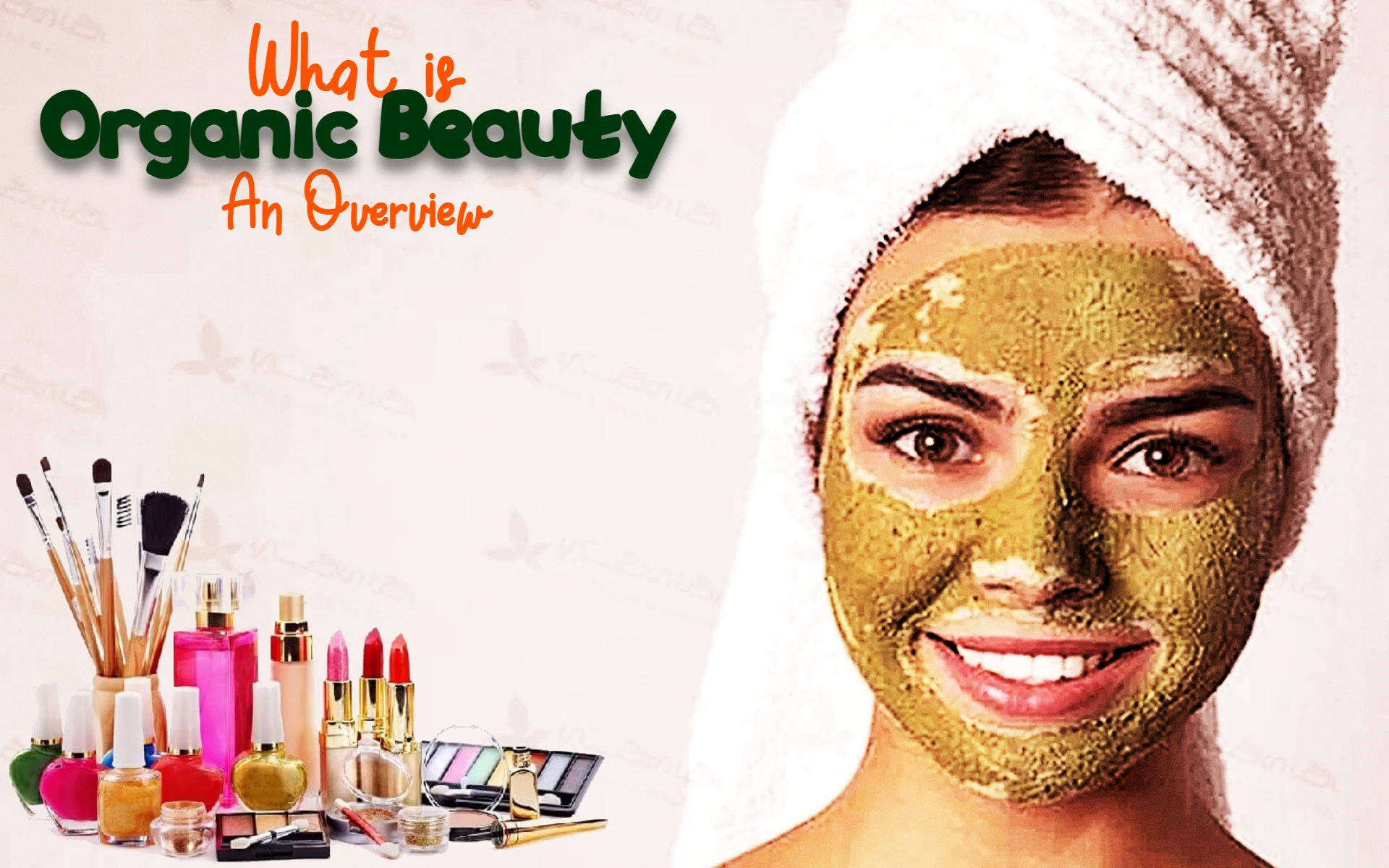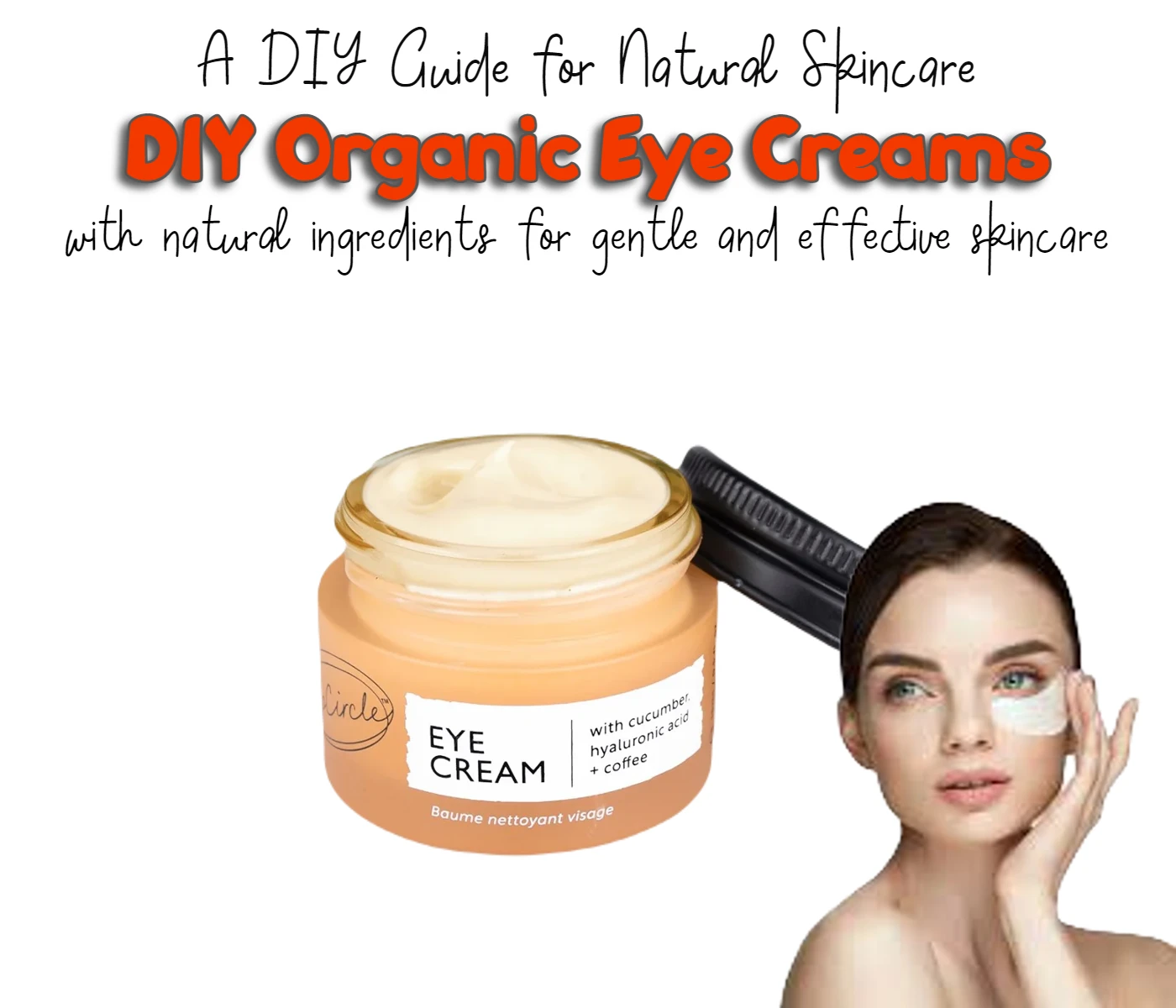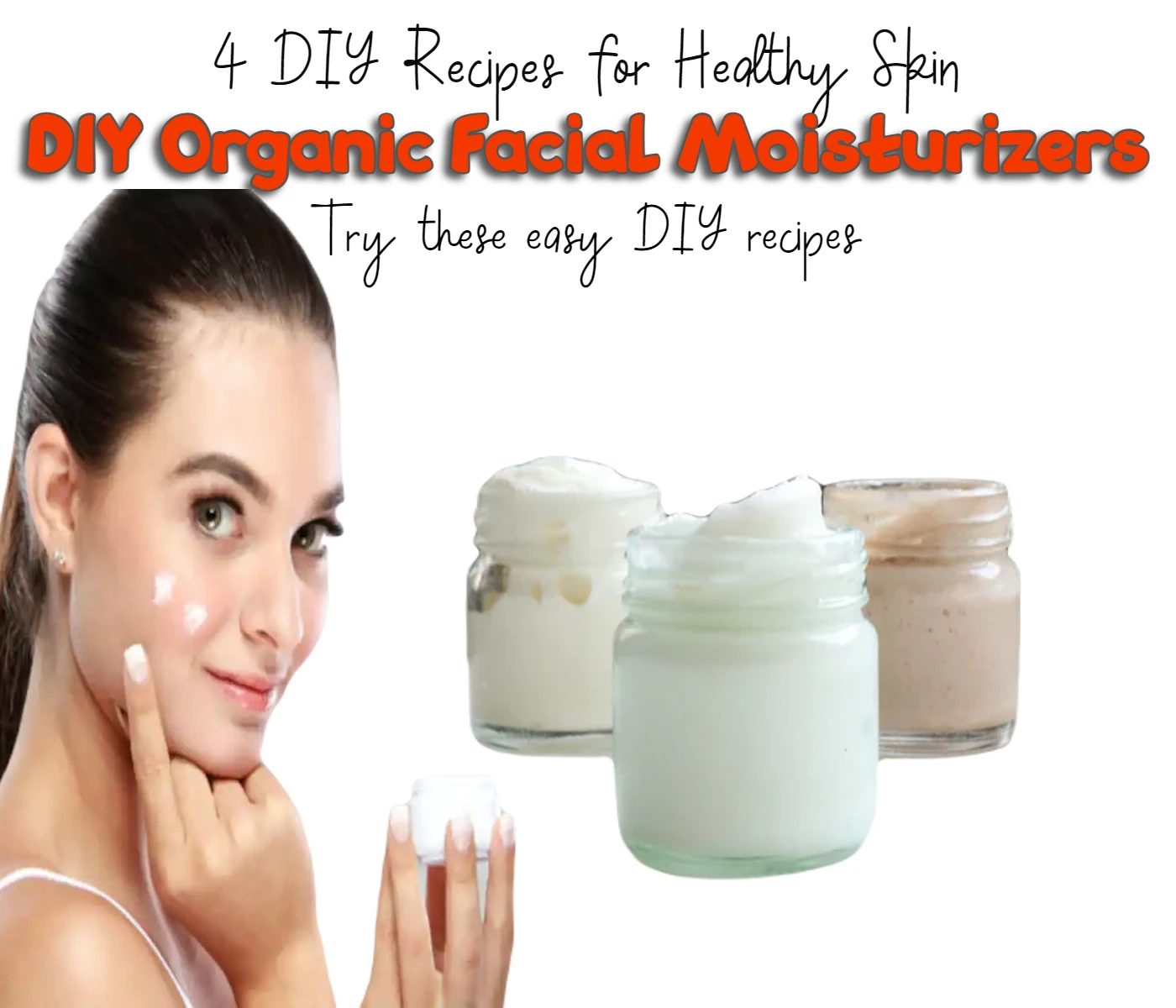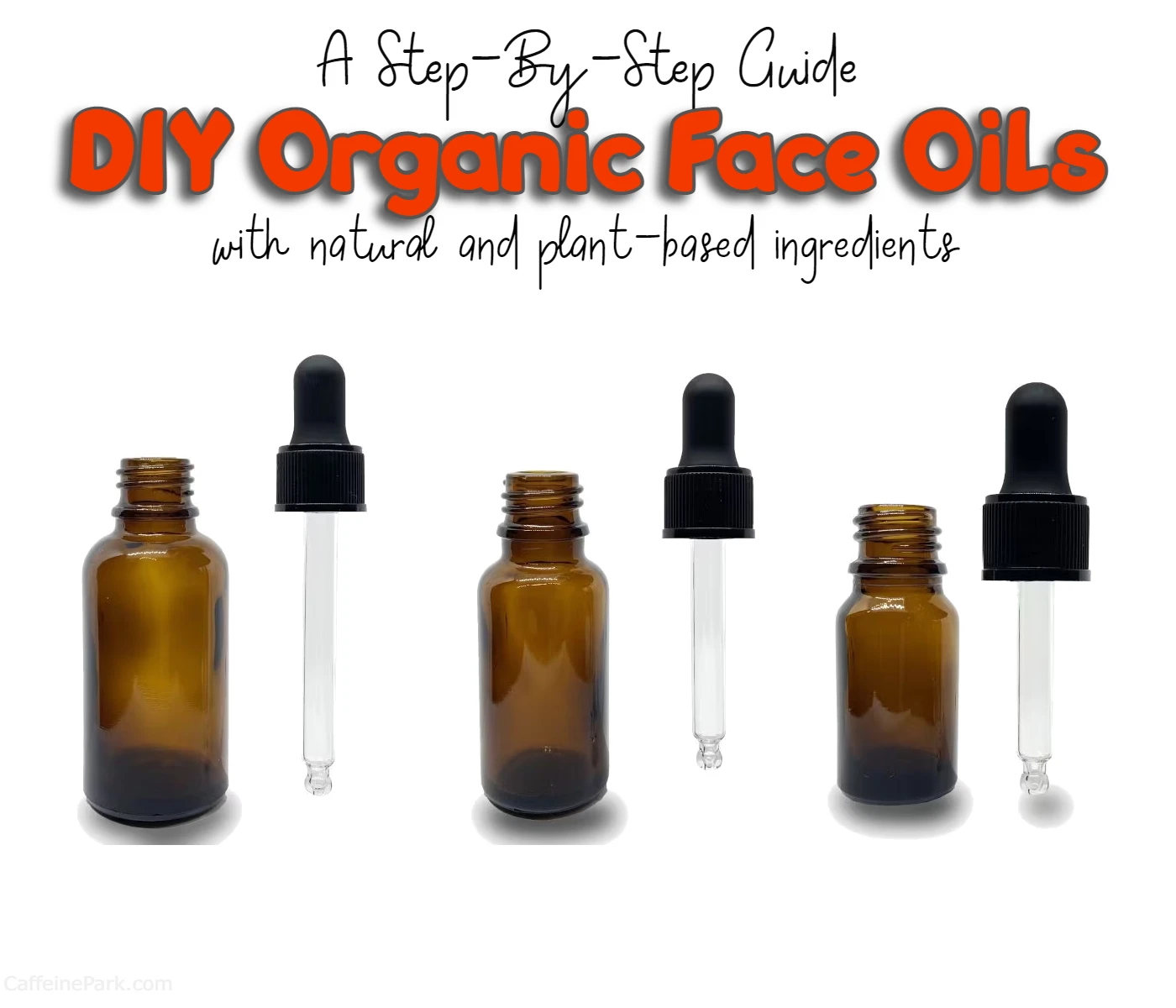How To Make Organic Sunscreens
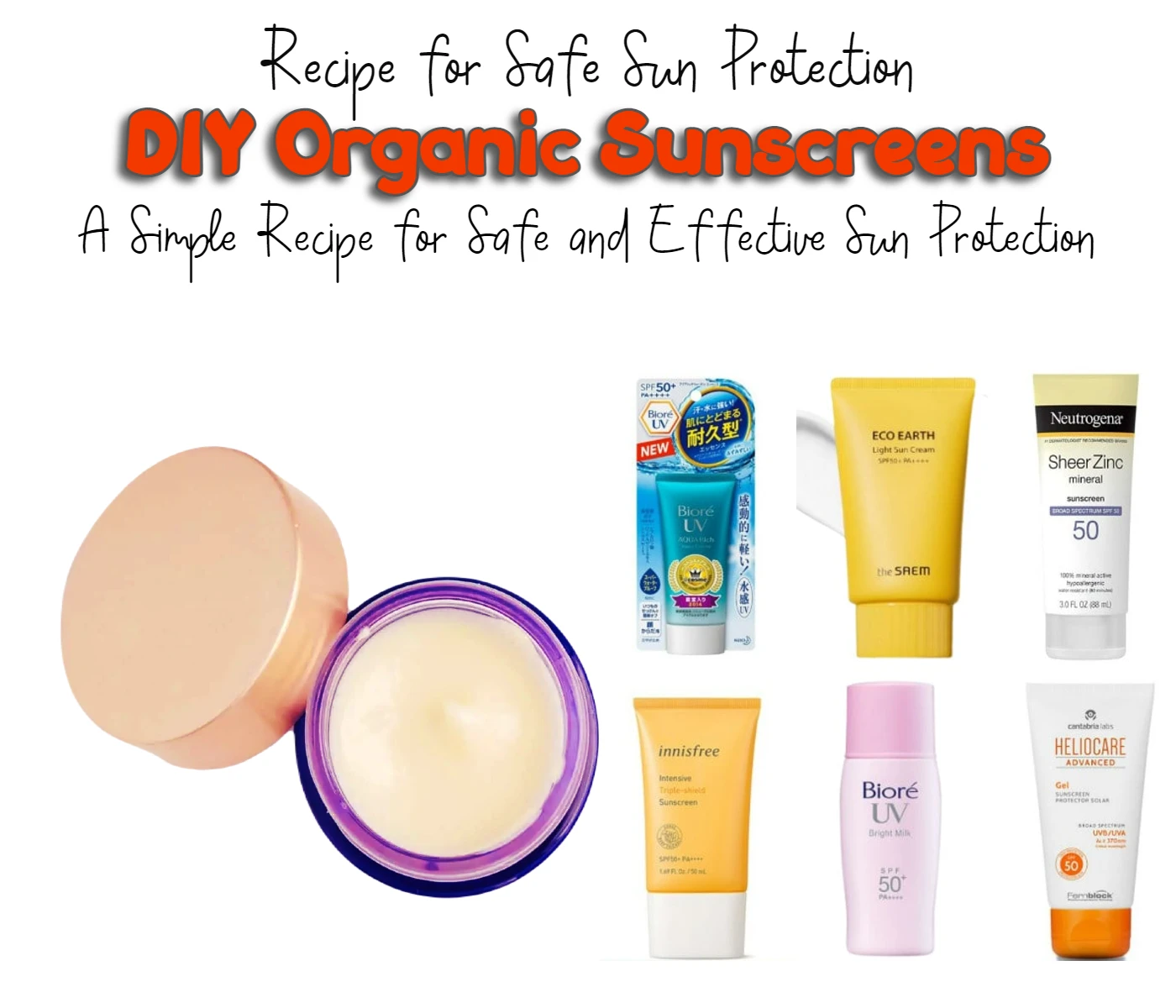
Hey there, sun lovers! As the weather heats up, it’s important to protect our skin from the sun’s harmful rays. However, many commercial sunscreens contain chemicals that can be harmful to both you and the environment. That’s why learning how to make your own organic sunscreens is a great alternative.
Making organic sunscreens is easier than you might think. By using natural ingredients like non-nano zinc oxide, coconut oil, and shea butter, you can create a sunscreen that is not only safe for your skin but also better for the environment. Plus, you can customize the recipe to your liking with the addition of essential oils for a pleasant scent.
So why not give it a try? Making your own organic sunscreen is not only cost-effective, but it’s also a fun and easy way to take control of your skincare routine. Read on to learn how to make your own organic sunscreen with our easy recipe and enjoy safe and effective sun protection all summer long!
Why Choose Organic Sunscreens?
Before we dive into the recipe, let’s talk about why you should choose organic sunscreens over their commercial counterparts. Most commercial sunscreens contain chemicals such as oxybenzone and octinoxate that have been linked to coral bleaching and can also disrupt the endocrine system in humans. Organic sunscreens, on the other hand, use natural ingredients such as zinc oxide and titanium dioxide to provide sun protection without harming the environment or your health.
Ingredients:
The first step in making your own organic sunscreen is to gather your ingredients. Here’s what you’ll need:
- 1/4 cup of organic beeswax
- 1/2 cup of organic coconut oil
- 1/2 cup of organic shea butter
- 1/4 cup of non-nano zinc oxide
- 1 teaspoon of vitamin E oil
- 10 drops of your favorite essential oil (optional)
Instructions:
Now that you have your ingredients, it’s time to make the sunscreen. Here’s how:
- Step 1
In a double boiler, melt the beeswax, coconut oil, and shea butter together.
- Step 2
Once melted, remove from heat and stir in the zinc oxide, vitamin E oil, and essential oil (if using).
- Step 3
Pour the mixture into a glass jar with a lid and allow it to cool and solidify.
- Step 4
When ready to use, simply scoop out a small amount and apply to your skin before heading outside.
Tips and Tricks
Here are some tips and tricks to keep in mind when making and using your organic sunscreen:
- Be sure to use non-nano zinc oxide, as nano particles can be harmful if inhaled.
- If you prefer a thinner consistency, you can add more coconut oil to the mixture.
- Essential oils not only add a lovely scent but also have their own skin benefits. Lavender oil, for example, is soothing to the skin and can help reduce redness and inflammation.
- While organic sunscreens are safe and effective, they may not provide the same level of protection as commercial sunscreens. Be sure to reapply every two hours and after swimming or sweating.
Best Organic Sunscreens Brands
Organic sunscreens are a great way to protect your skin without exposing yourself to potentially harmful chemicals. Here are some of the best organic sunscreen brands to consider:
- Badger: Badger is a popular organic sunscreen brand that offers a range of products, including a variety of sunscreens. Their products are made with natural, organic ingredients and are cruelty-free.
- All Good: All Good offers a range of organic sunscreens that are free from harmful chemicals and synthetic fragrances. Their products are also reef-safe, making them a great choice for those who care about the environment.
- Suntegrity: Suntegrity is a brand that offers both physical and chemical sunscreen options. Their products are made with natural ingredients and are also vegan and cruelty-free.
- Coola: Coola is a brand that offers a wide range of organic sunscreen products, including sprays, lotions, and sticks. Their products are made with natural ingredients and are also reef-friendly.
- Juice Beauty: Juice Beauty is a brand that offers organic sunscreen products that are free from harmful chemicals and synthetic fragrances. Their products are also cruelty-free and vegan.
When it comes to protecting your skin from the sun, choosing an organic sunscreen brand can provide a safe and effective option. Consider these brands and their products when selecting an organic sunscreen for your skincare routine.
FAQs
Yes, non-nano zinc oxide is safe to use in your organic sunscreen. Nano particles can be harmful if inhaled, so it’s important to use a non-nano version.
Yes, you can use a different oil in place of coconut oil. However, coconut oil is a great choice for sunscreen because it has natural SPF properties and is easily absorbed by the skin.
Yes, you can skip the essential oil if you prefer. It’s optional and mainly used for scent.
It’s recommended to reapply your organic sunscreen every two hours, or more frequently if you are swimming or sweating.
Organic sunscreens may not provide the same level of protection as commercial sunscreens. However, they are still effective at protecting your skin from the sun’s harmful rays. It’s important to reapply every two hours and after swimming or sweating.
Read More:
